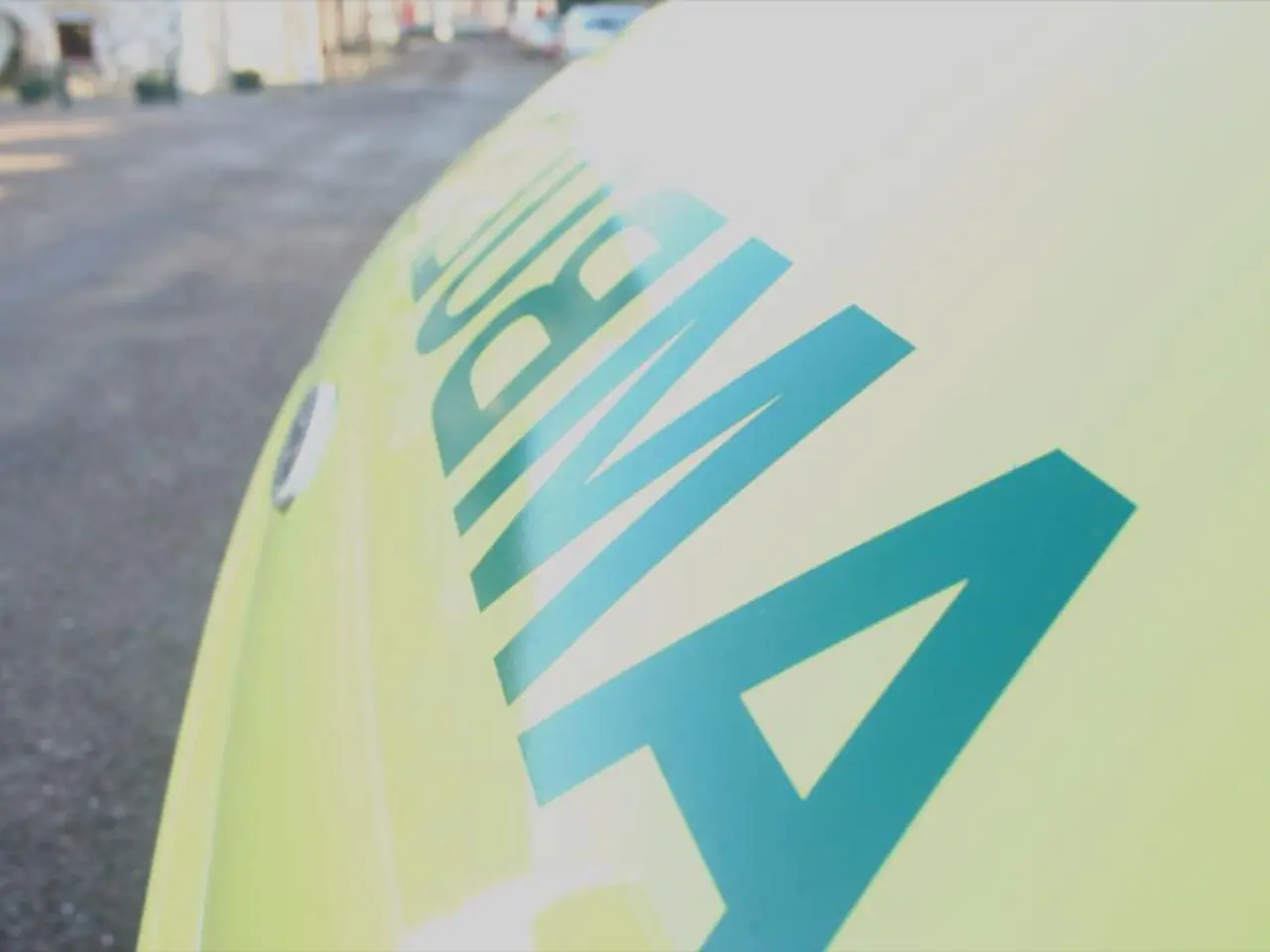Airbus Trials Sustainable Marine Fuel in Its Aircraft
Airbus, the European aerospace giant, is taking a significant step forward in its mission to reduce carbon emissions by introducing renewable fuel on one of its vessels. The test campaign, set to run for 18 months beginning at the end of December 2022, will be conducted on the route Saint-Nazaire-Tunis-Naples.
The vessel in question, the 'Ciudad de Cadiz', will be using renewable fuel sourced from major components for the A320 family between its production sites. This fuel, produced by Neste in Rotterdam, is made from Hydrotreated Vegetable Oil (HVO) with no fossil fuels or additives. During the test period, the Ciudad de Cadiz will carry these components on the Saint-Nazaire-Tunis-Naples-Saint-Nazaire route, aiming to save around 6,000 tons of CO in one year.
This test campaign will evaluate the performance of the renewable fuel and the vessel's engine, confirming potential CO emission reductions of up to 20% per trip compared to fossil fuel. The test campaign will provide valuable data for future decisions regarding the use of renewable fuel in Airbus's sea transportation operations.
Airbus's commitment to sustainable practices is not new. In 2019, the company introduced Sustainable Aviation Fuel (SAF) for its Beluga operations. Furthermore, Airbus has been engaged in partnerships to develop bio-based sustainable aviation fuel from biomass in Indonesia and supports broader SAF adoption goals in the aviation sector. The use of biogas trucks to transport aircraft sections and major components across its European production sites, initiated in 2021, is another testament to Airbus's ongoing efforts.
However, as of mid-2025, there is no record of Airbus conducting a similar renewable fuel test campaign on vessels or maritime routes like the Saint-Nazaire-Tunis-Naples line or the vessel "Ciudad de Cadiz." This news article marks the first public announcement of such a test campaign by Airbus.
In conclusion, Airbus' renewable fuel efforts as of mid-2025 are focused on aviation technologies and SAF for aircraft rather than marine vessels. Yet, with this test campaign, Airbus is expanding its scope, exploring the potential of renewable fuel in its sea transportation operations. The success of this test campaign could pave the way for wider adoption of renewable fuel in Airbus's maritime operations, contributing to a more sustainable future for the company and the industry as a whole.
- Airbus's current focus in renewable fuel seems to be limited to aviation technologies and Sustainable Aviation Fuel (SAF) for aircraft, but with the test campaign on the "Ciudad de Cadiz" vessel, Airbus is broadening its approach to explore the potential of renewable fuel in its sea transportation operations.
- The success of the 18-month test campaign, which begins at the end of December 2022, using renewable fuel on the Saint-Nazaire-Tunis-Naples route could pave the way for wider adoption of renewable fuel in Airbus's maritime operations, contributing to the reduction of CO emissions in the industry.
- While Airbus has been using renewable fuel in its aviation operations, such as SAF for its Beluga operations and partnerships for bio-based sustainable aviation fuel from biomass, this test campaign on a marine vessel like the "Ciudad de Cadiz" marks a significant step forward in Airbus's mission to reduce emissions, diversifying its renewable energy applications beyond just aviation.




